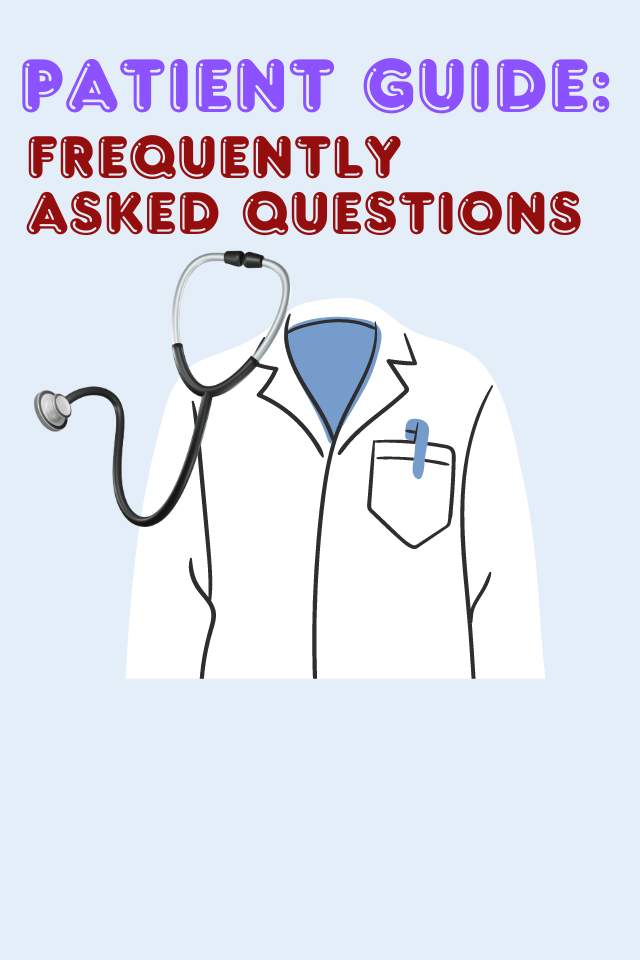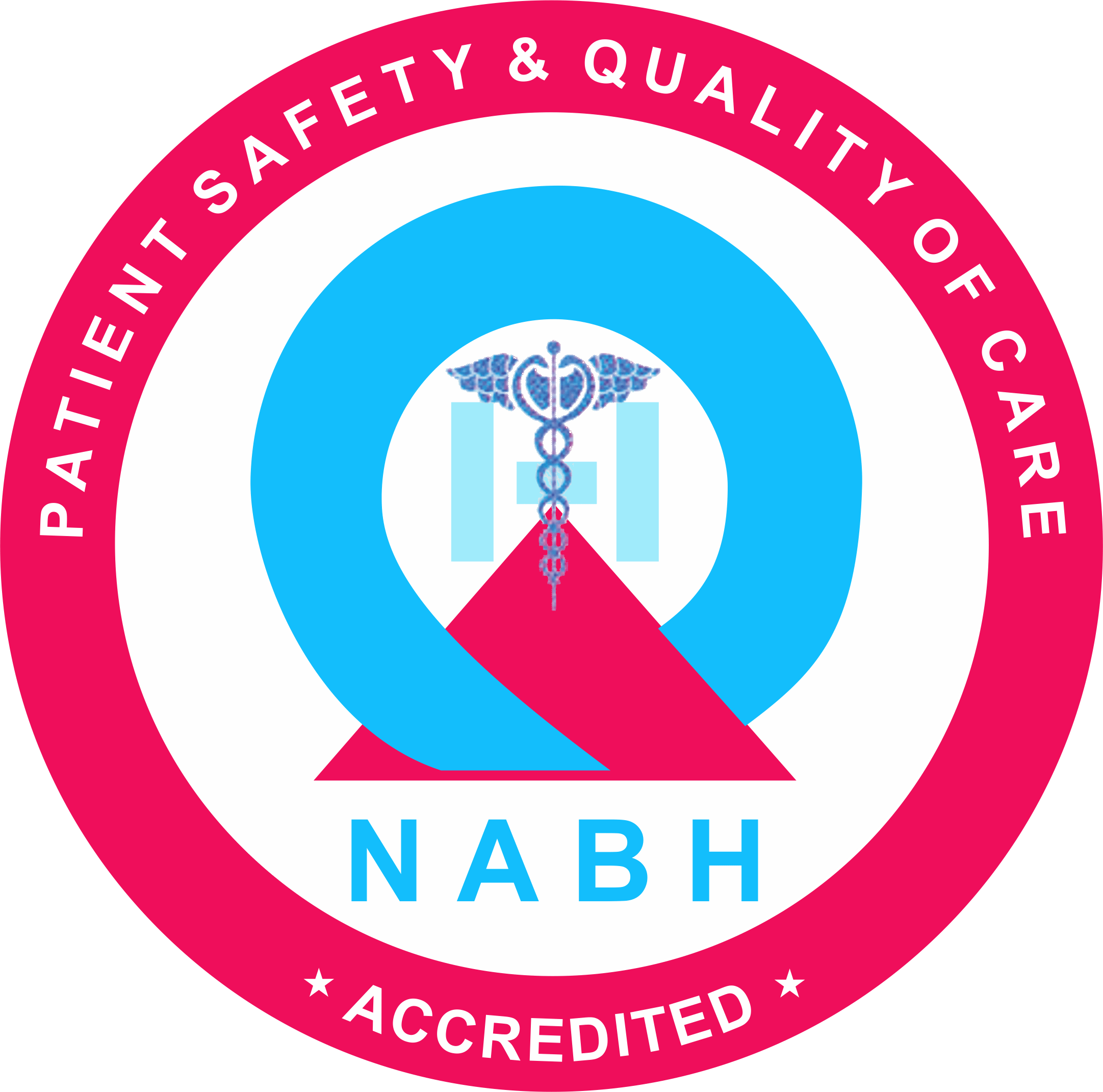Specialities & Services Offerred
Pediatrics
Dedicated care for children’s health, from routine check-ups to specialized treatments, ensuring your child’s well-being and development.
Pediatrics
Pediatrics is branch of medicine dealing with the health and medical care of infants, children, and adolescents from birth up to the age of 18.
The word “paediatrics” means “healer of children”; they are derived from two Greek words: (pais = child) and (iatros = doctor or healer). Paediatrics is a relatively new medical specialty, developing only in the mid-19th century.
A pediatrician is a medical doctor who specializes in providing care for children from birth through childhood. Pediatrics covers a wide array of health services, from preventative care to diagnosing and treating various diseases and illnesses. A doctor of pediatrics understands the unique characteristics of children and accounts for them in their treatment.

Gall Bladder stones (cholelithiasis) won’t necessarily cause any problems for you. Many individual have them and never know it. But gallstones can become dangerous if they start to travel through biliary tract and get stuck somewhere. They can clog up biliary tract, causing pain and serious complications.
The problem with gallstones is that they grow — slowly, but surely — as bile continues to wash over them and leave another layer of sediment. What begins as a sand grain can grow big enough to stop the flow of bile, especially if it gets into a narrow space, like a bile duct or the neck of your gallbladder.
Facilities Available
Experience modern healthcare with unparalleled comfort, convenience to ensure the best patient care and satisfaction.
Get a Quotation
Request a personalized quote for your healthcare needs quickly and easily. Contact us today for detailed pricing information.

What Does a Pediatrician Do?
The day-to-day functions of a pediatrician will vary depending on their specialty.
Reasons to See a Pediatrician
Parents should make a note of any unusual behaviors of serious illness, like:
Types of Pediatricians
Many pediatricians work as primary care physicians. This type of pediatrician performs regular health and wellness checkups. They also diagnose and treat a wide range of general health conditions, give vaccinations, and offer appropriate health advice to young people and their parents or caregivers.
Other pediatricians specialize in treating specific medical conditions or age ranges. Examples of pediatric subspecialties include the following:
Adolescent medicine specialists focus on care during adolescence, around 11 to 21 years old.
Critical care pediatricians facilitate teams of healthcare professionals who treat children in unstable or critical health situations.
Developmental behavioral pediatricians evaluate the behavioral development of children and teens. Specialists in this field diagnose and treat developmental, learning, and behavioral problems in young people.
Child abuse pediatricians possess specialized training, experience, and skills necessary for evaluating if a child may have experienced abuse or neglect.
Pediatric oncologists specialize in diagnosing and treating different types of cancer in children.
Pediatric cardiologists diagnose and treat various heart conditions in children.
Pediatric pulmonologists diagnose, treat, and manage children who have breathing problems and lung diseases.
Pediatric rheumatologists treat children and adolescents who have musculoskeletal disorders, such as juvenile rheumatoid arthritis and chronic pain.
Pediatric nephrologists specialize in treating conditions that affect the urinary system, including urinary tract infections and kidney disease.
Pediatric neurologists treat and manage neurological disorders in children. Neurological conditions that present during childhood may persist through adulthood. Pediatric neurologists oversee their patients’ care from diagnosis through adolescence.
Neonatal-perinatal pediatricians provide care to infants before, during, and after birth.
Pediatric gastroenterologists look after the health of a young person’s digestive system.
Pediatric endocrinologists specialize in the endocrine system and the hormones it produces. An endocrinologist may treat a variety of conditions in children, including diabetes.
How long does it take to become a pediatrician?
Pediatricians must attend at least nine years of schooling. That includes four years of undergraduate school and four years of medical school (or six years at a combined university), plus three years of a pediatric residency. Some pediatricians spend another two to six years training in a subspecialty. All pediatricians must have at least 12,000 to 14,000 hours of patient care hours during training.
Frequently Asked Questions
Common Questions
Pediatricians provide comprehensive healthcare for children, including routine check-ups, vaccinations, growth and development monitoring, illness diagnosis and treatment, and management of chronic conditions.
Children should start seeing a pediatrician shortly after birth and continue regular visits through adolescence to ensure proper growth and development.
Regular check-ups are recommended at least once a year for healthy children. Infants and toddlers may need more frequent visits to monitor their development closely.
Vaccination schedules vary, but common vaccines include those for measles, mumps, rubella, polio, hepatitis, and more. Your pediatrician will provide a detailed schedule based on your child's age and health needs.
Regular check-ups, a balanced diet, physical activity, adequate sleep, and following vaccination schedules are crucial. Discuss any concerns with your pediatrician.
Signs of developmental delays vary but can include delayed speech, motor skills, or social interaction. Regular pediatric check-ups can help identify and address any concerns early.
If your child needs specialized care, your pediatrician can refer you to appropriate specialists and coordinate care to ensure comprehensive treatment.



